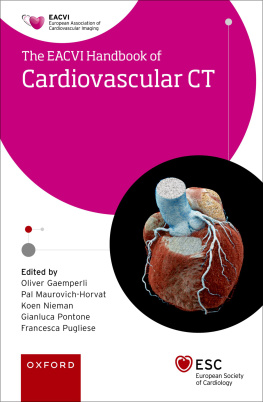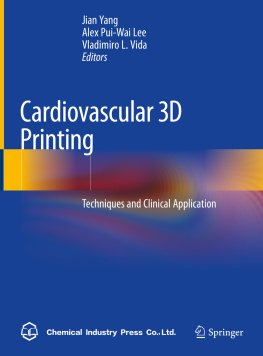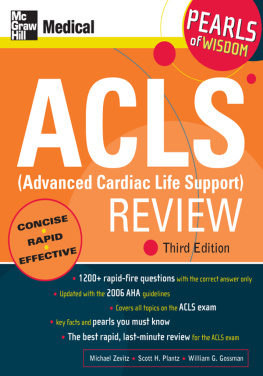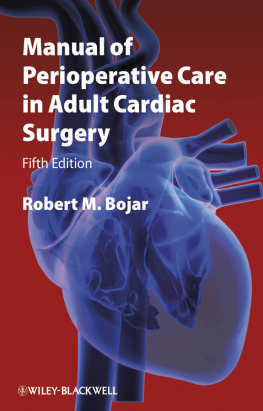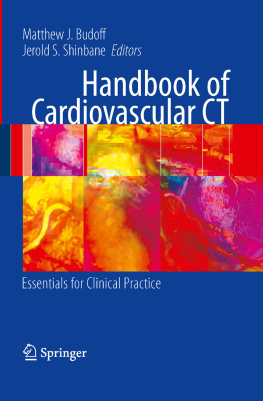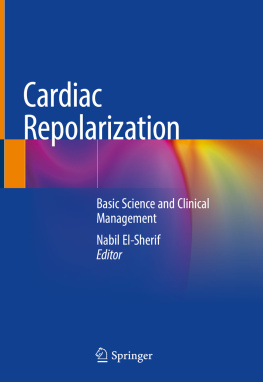ADVANCED CARDIAC LIFE SUPPORT
(ACLS)
PROVIDER HANDBOOK
PRESENTED BY:
NATIONAL HEALTH CARE PROVIDER SOLUTIONS (NHCPS)
WRITTEN BY:
DR. KARL "FRITZ" DISQUE

Copyright 2013 Satori Continuum Publishing
All rights reserved. Except as permitted under U.S. Copyright Act of 1976, no part of this publication can be reproduced, distributed, or transmitted in any form or by any means, or stored in a database or retrieval system, without the prior consent of the publisher.
ISBN: 978-0-9892679-1-5
Satori Continuum
Publishing
871 Coronado Center Drive
Suite 200 #2001
Henderson, NV 89052
Printed in the United States of America
Educational Service Disclaimer
This Provider Handbook is an educational service provided by Satori Continuum Publishing. Use of this service is governed by the terms and conditions provided below. Please read the statements below carefully before accessing or using the service. By accessing or using this service, you agree to be bound by all of the terms and conditions herein.
The material contained in this Provider Manual does not contain standards that are intended to be applied rigidly and explicitly followed in all cases. A health care professional's judgment must remain central to the selection of diagnostic tests and therapy options of a specific patient's medical condition. Ultimately, all liability associated with the utilization of any of the information presented here rests solely and completely with the health care provider utilizing the service.
TABLE OF CONTENTS
NOTE FROM THE AUTHOR
Thank you for your purchase of the Advanced Cardiac Life Support (ACLS) Provider Handbook, presented to you by National Health Care Provider Solutions (NHCPS). NHCPS and I are very excited to deliver this invaluable resource to you. We hope it will not only aid you with any upcoming ACLS Certification or Recertification course you have enrolled in, but also that it will serve as a reference you can utilize on a repeated basis thereafter.
Additionally, as a token of our gratitude, we would like to extend an exclusive discount for any Certification or Recertification needs you may have. NHCPS is the premier online provider for Basic Life Support (BLS), Advanced Cardiac Life Support (ACLS), and Pediatric Advanced Life Support (PALS) Certification and Recertification Courses. All of our courses can be completed 100% online, were created by board certified medical professionals, and adhere to the latest American Heart Association standards and guidelines.
To all who have purchased our handbook, we are offering a 15% discount for all Certification and Recertification Courses provided through our website: www.nhcps.com. To redeem this offer, please search "National Health Care Provider Solutions" in your Internet browser, or follow this link: https://www.nhcps.com/. Select the course(s) needed and on the checkout page, enter the Coupon Code: ACLSHANDBOOK. The discount will automatically be added to your total, and will be visible prior to completing your purchase.
If you are already registered for an ACLS Certification or Recertification course, you can still take advantage of this offer. User accounts on our site never expire, so you can purchase your course today, and it will remain in your account until the day you need it.
I sincerely hope you enjoy the ACLS Provider Handbook, and hope it serves as a valuable resource for you. Thank you again for your support, and please continue saving lives! You are an inspiration to all of us at NHCPS.
Sincerely,
Dr. Karl "Fritz" Disque
Co-Founder & Chief Medical Officer of NHCPS
EXCLUSIVE OFFER!
15% Off BLS, ACLS and/or PALS Certification and Recertification Courses
Available at www.nhcps.com
Coupon Code: ACLSHANDBOOK
INTRODUCTION
The goal of Advanced Cardiovascular Life Support (ACLS) is to achieve the best possible outcome for patients who are experiencing a life-threatening cardiac event. ACLS is a series of responses to discrete clinical events. These responses are designed to be simple enough to be committed to memory and recalled under moments of stress. ACLS protocols have been developed from thorough review of basic research, patient case studies, clinical studies, and reflect the consensus opinion of experts in the field. The gold standard in the United States and other countries is the course curriculum published by the American Heart Association (AHA). Approximately every five years the AHA updates the guidelines for Cardiopulmonary Resuscitation (CPR) and Emergency Cardiovascular Care (ECC). The content contained herein is based on the most recent AHA publication on ACLS and will periodically compare old versus new recommendations for a more comprehensive review. 1
- IMPORTANT: Refer to the Basic Life Support (BLS) Provider Handbook, presented by NHCPS, for a more comprehensive review of the BLS Survey if warranted. This handbook specifically covers ACLS algorithms and only briefly describes BLS. All ACLS providers are assumed to be able to perform BLS appropriately. While this guide covers BLS basics, it is recommended that ACLS providers be proficient in BLS first.
While ACLS providers should always be mindful of timeliness, it is important to provide the intervention that most appropriately fits the needs of the patient. Proper utilization of ACLS requires rapid and accurate assessment of the patient's condition. This not only applies to the provider's initial assessment of a patient in distress, but also to reassessment throughout the course of treatment with ACLS.
ACLS protocols assume the provider may not have all of the information needed from the victim and resources needed to properly utilize ACLS in all cases. For example, if a provider is utilizing ACLS on the side of the road, they will not have access to sophisticated devices to measure breathing or arterial blood pressure. In these situations, ACLS providers have the framework to provide the best possible care in the given circumstances. Again, the algorithms are based on past performance in similar life-threatening cases and are intended to achieve the best possible outcome for the patient during emergency. The foundation of all algorithms involve the systematic approach of the BLS Survey (using steps 1, 2, 3, 4) and the ACLS Survey (using steps A, B, C, D).
____________________1American Heart Association. Advanced Cardiovascular Life Support Provider Manual. AHA: 2011; p 183.
THE FIRST ASSESSMENT
Determining whether a patient is conscious or unconscious can be done very quickly. If you notice a person looks like they are in distress, you find them lying down in a public place, or you think they might be injured, call out to them.
- When encountering a person who is "down," the first assessment to make is whether the patient is conscious or unconscious.
- Make sure the scene is safe before conducting the BLS or ACLS Survey.
BASIC LIFE SUPPORT
THE BLS SURVEY (1-2-3-4)
Basic Life Support (BLS) utilizes Cardiopulmonary Resuscitation (CPR) and cardiac defibrillation. Both of these can be performed anywhere an Automated External Defibrillator (AED) is available. AEDs can be found in an increasing number of public places ranging from airports to grocery stores. The BLS Survey uses a systematic approach of assessment followed by appropriate action, focusing on early CPR as well as defibrillation. It does not involve advanced interventions, such as advanced airway devices or cardiovascular medications. BLS can be learned and used by everyone, not just health care professionals. BLS is usually the life support method used outside of hospitals when there is limited access to medications and monitors. In general, BLS is performed until EMS arrives and/or ACLS begins.


